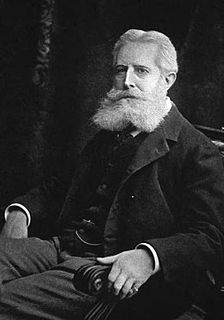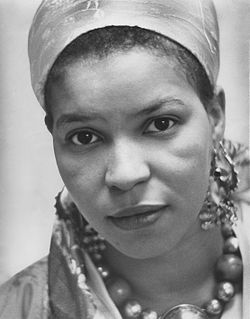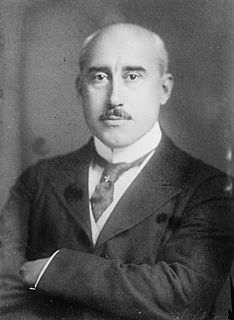A Quote by Edmund Clarence Stedman
The weary August days are long;
The locusts sing a plaintive song,
The cattle miss their master's call
When they see the sunset shadows fall.
Related Quotes
somebody/ anybody sing a black girl's song bring her out to know herself to know you but sing her rhythms carin/ struggle/ hard times sing her song of life she's been dead so long closed in silence so long she doesn't know the sound of her own voice her infinite beauty she's half-notes scattered without rhythm/ no tune sing her sighs sing the song of her possibilities sing a righteous gospel let her be born let her be born & handled warmly.
If I sing "you broke my heart, you left me flat," everyone knows exactly what that means - they know the story. But if I sing a line that's plaintive or wailing, people can experience their own set of emotions and their own story. Each of us might give that phrase a different meaning. It's open to interpretation, and one song becomes a thousand songs. I love that.
I won't miss having to stand for two hours at 4:30 a.m. and have freezing cold glue applied to my feet. I won't miss two-hour drives to work or long, long, long days sitting in my trailer waiting...waiting...waiting. I won't miss one day off a week. I won't miss glue in my ears. But I would do it all again tomorrow.
Rabindranath Tagore writes that the song he wanted to sing has never happened because he spent his days "stringing and unstringing" his instrument. Whenever I read these lines a certain sadness enters my soul. I get so preoccupied with the details and pressure of my schedule, with the hurry and worry of life, that I miss the song of goodness which is waiting to be sung through me.
An audience will let you know if a song communicates. If you see them kind of falling asleep during the song, or if they clap at the end of a song, then they're telling you something about the song. But you can have a good song that doesn't communicate. Perhaps that isn't a song that you can sing to people; perhaps that's a song that you sing to yourself. And some songs are maybe for a small audience, and some songs are for a wide audience. But the audience will let you know pretty quickly.
The day is cold, and dark, and dreary; It rains, and the wind is never weary; The vine still clings to the mouldering wall, But at every gust the dead leaves fall, And the day is dark and dreary. My life is cold, and dark, and dreary; It rains, and the wind is never weary; My thoughts still cling to the mouldering past, But the hopes of youth fall thick in the blast, And the days are dark and dreary. Be still, sad heart! and cease repining; Behind the clouds is the sun still shining; Thy fate is the common fate of all, Into each life some rain must fall, Some days must be dark and dreary.
Regardless of its purpose, the humpback-whale song is the most complex piece of nonhuman composition on earth. Whether it's art, prayer, or booty call, the humpback song is an amazing thing to experience firsthand, and I suspect that even once the science of it is put to bed, it will remain, as long as they sing, magic.
Whatever be the depth of woe Along the path that I must go, I'll sing my song— My song of joy for all the love That's lavished on us from above, And count no loss of treasure-trove When things go wrong. I'll sing the sunlight, and the bright Soft smiling stars that gem the night; For gifts of good That God hath spread along my way, The lilt of birds in tuneful play, The harvests full and flowers gay, The whole day long I'll sing my song Of gratitude!
I like to help others and count it as my greatest pleasure in life to see a person free himself of the shadows which darken his days. These shadows look so thick to him and weigh him down so that when he finds they are shadows and that he can see through them, walk through them and be again in the sun, he is enormously delighted. And I am afraid I am just as delighted as he is.
All civilized people see the day beginning at dawn or a little after or a long time after or whatever time their work begins; this they lengthen according to their work, during what they call 'all day long'; and end it when they close their eyes. It is they who say the days are long. On the contrary, the days are round.




































